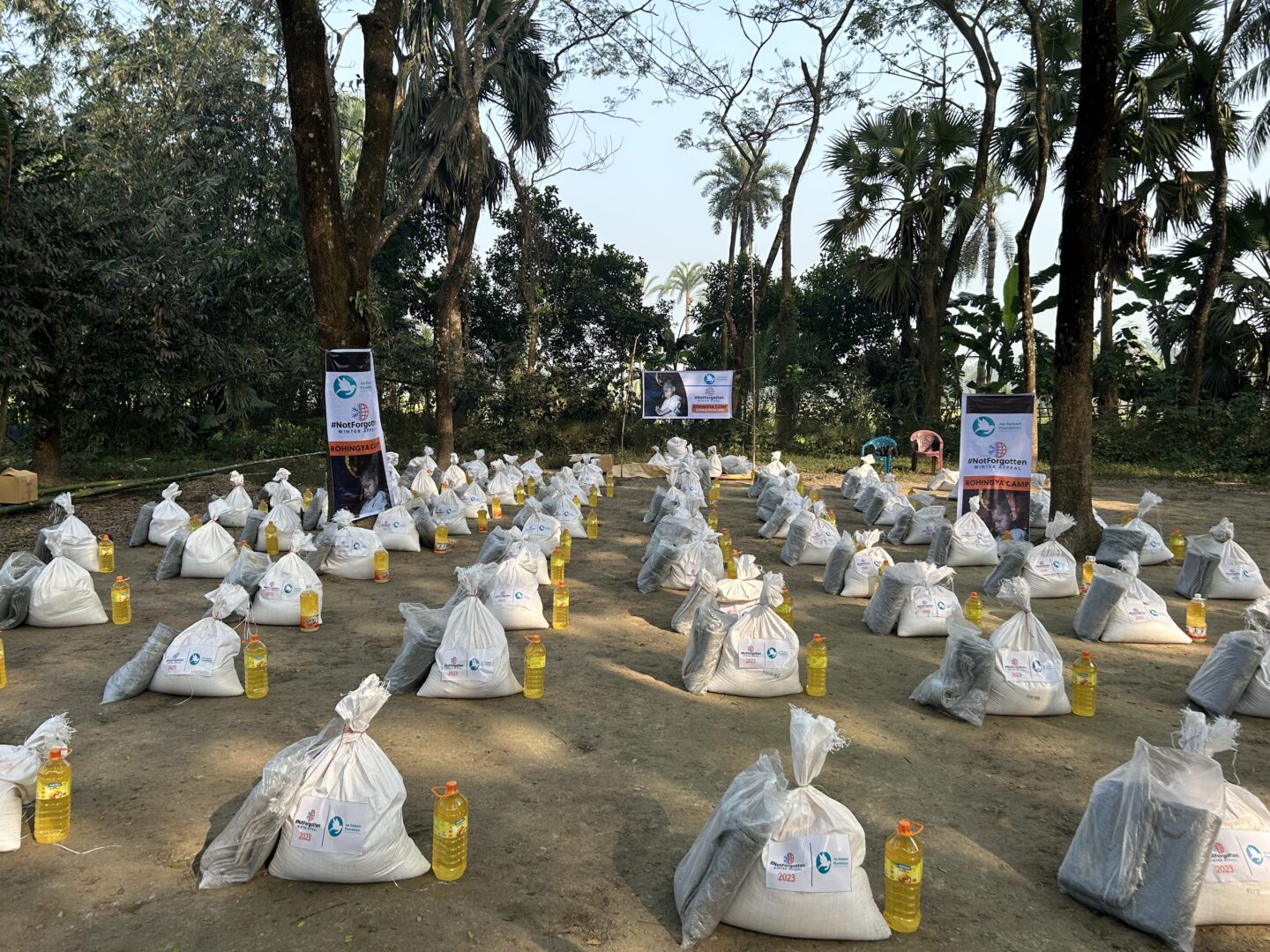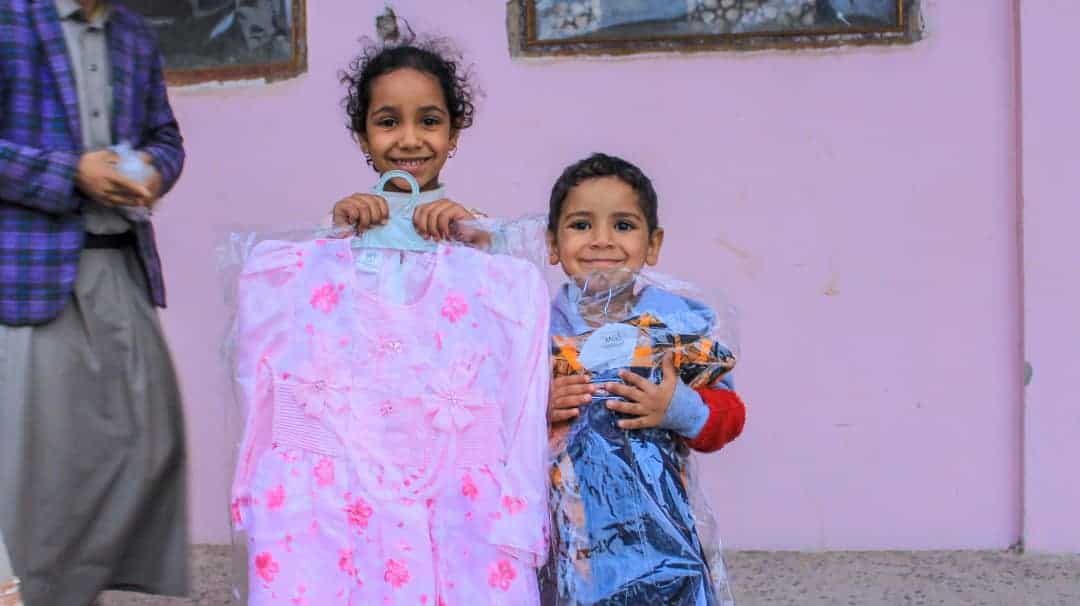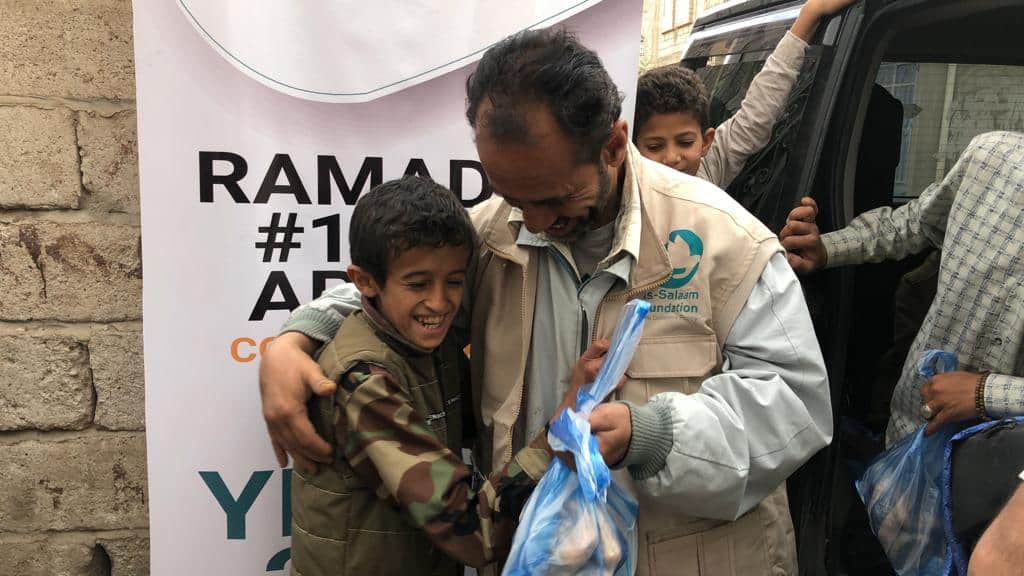Cox’s Bazar, a region along Bangladesh’s southeastern coast, has become the epicenter of one of the largest humanitarian crises in modern history. Home to over 1 million Rohingya refugees, it hosts the world’s largest refugee camp, a huge expanse of makeshift shelters and narrow pathways filled with displaced lives. The Rohingya, a Muslim ethnic minority group from Myanmar’s Rakhine State, have endured decades of persecution, violence, and statelessness. Their struggle is not just a regional issue but a global call for compassion, justice, and action. In this blog, we dive into the reality faced by Rohingya Muslims in Cox’s Bazar, exploring their journey, daily struggles, and the urgent need for international support.
Who Are the Rohingya?
The Rohingya are an ethnic Muslim minority who have lived for generations in Myanmar’s Rakhine State. Despite their roots in the region, they were stripped of citizenship in 1982 under Myanmar’s discriminatory nationality laws, rendering them stateless. This denied them basic rights like freedom of movement, access to education, healthcare, and employment, and subjected them to systemic discrimination and violence.
Since the late 1970s, successive waves of forced displacement have driven hundreds of thousands of Rohingya across borders. The most devastating wave occurred in August 2017 when a brutal military crackdown in Rakhine State led to widespread atrocities, including mass killings, sexual violence, arson, and torture. Approximately 770,000 Rohingya fled to neighboring Bangladesh, seeking refuge in Cox’s Bazar. They joined tens of thousands who had already escaped earlier episodes of violence since 1978.
Today, the Rohingya remain among the most persecuted populations globally, a stark reminder of the horrors of war.
Life in Cox’s Bazar Refugee Camps
More than 1 million Rohingya refugees reside within just 10 square miles in Cox’s Bazar, Bangladesh, facing severe overcrowding and insecurity. The camps are made up of cramped, makeshift shelters with insufficient food and clean water. Violence, both from traumatic memories of Myanmar and ongoing fighting between armed groups in the camps, creates a constant sense of fear and anxiety.
Residents have little freedom of movement and limited access to jobs or education, compounding their hardship. The threat of beatings, abductions, extortion, and forced recruitment by armed groups is common, and many people are afraid to leave their shelters, even to seek medical care. Poor living conditions and ongoing violence leave the Rohingya vulnerable to long-term psychological harm and physical health issues.
The Past 3 Years
In 2023, the Rohingya crisis in Cox’s Bazar remained dire as funding for humanitarian aid plummeted, leaving over a million refugees in dangerous conditions. The UN’s appeal for assistance saw contributions drop from 70% in 2021 to just 30%, forcing cuts to essential services like food rations, which were reduced from $12 to $8 per person monthly. Health crises worsened, with dengue fever cases surging tenfold and outbreaks of cholera and scabies spreading due to unsanitary living conditions.
Extreme weather further exacerbated suffering. Cyclone Mocha destroyed shelters and triggered landslides, displacing thousands. Meanwhile, ongoing conflict in Myanmar’s Rakhine State hindered repatriation efforts, while MSF suspended medical activities in northern Rakhine after intensifying violence between armed groups.
By 2024, new waves of Rohingya refugees arrived in Cox’s Bazar, fleeing fresh violence in Myanmar’s Maungdaw region. Many bore injuries from landmines and gunshots, with women, children, and the elderly making up the majority of arrivals. Armed groups within the camps escalated attacks, kidnappings, and forced recruitment, fueling fear and trauma among residents.
Mental health issues deepened as memories of past atrocities merged with present insecurities. A hepatitis C epidemic emerged, with one in five people testing positive, yet access to diagnosis and treatment remained severely limited. Despite these challenges, international attention waned, leaving the Rohingya increasingly dependent on dwindling aid.
As of 2025, Cox’s Bazar hosts over 1.3 million Rohingya refugees, many living in uncertainty for years without hope of returning home or building a future elsewhere. Chronic illnesses have replaced acute injuries, while large-scale outbreaks of diseases like diphtheria, scabies, and hepatitis C threaten lives. Movement restrictions imposed during the COVID-19 pandemic still exist, symbolized by barbed-wire fences that confine refugees to overcrowded camps.
Though some infrastructure improvements have been made, dreams of citizenship, safety, and dignity remain unfulfilled. The Rohingya continue to endure unimaginable hardships, highlighting the urgent need for global solidarity and sustained support.
A Call to Humanity
At As-Salaam Foundation, we believe in turning compassion into action. This November, we are deploying a team to Cox’s Bazar to provide critical aid, including food, clean water, medical care, and essential supplies, to thousands of Rohingya refugees struggling to survive in the camps.
But we cannot do this alone. Your support is vital to ensuring that these efforts reach as many families as possible. By donating today, you can help us deliver lifesaving assistance to mothers, fathers, and children who have endured unimaginable suffering. Together, we can be the light in their darkest hour and remind them that they are not forgotten.
Will you step forward and make a difference? Join us in our mission to bring relief and dignity to the Rohingya people. Donate now to support our November deployment by visiting https://donorbox.org/rohingya-camp-deployment-2025
Every contribution counts, and every act of kindness brings us closer to a world where no one is left behind.





